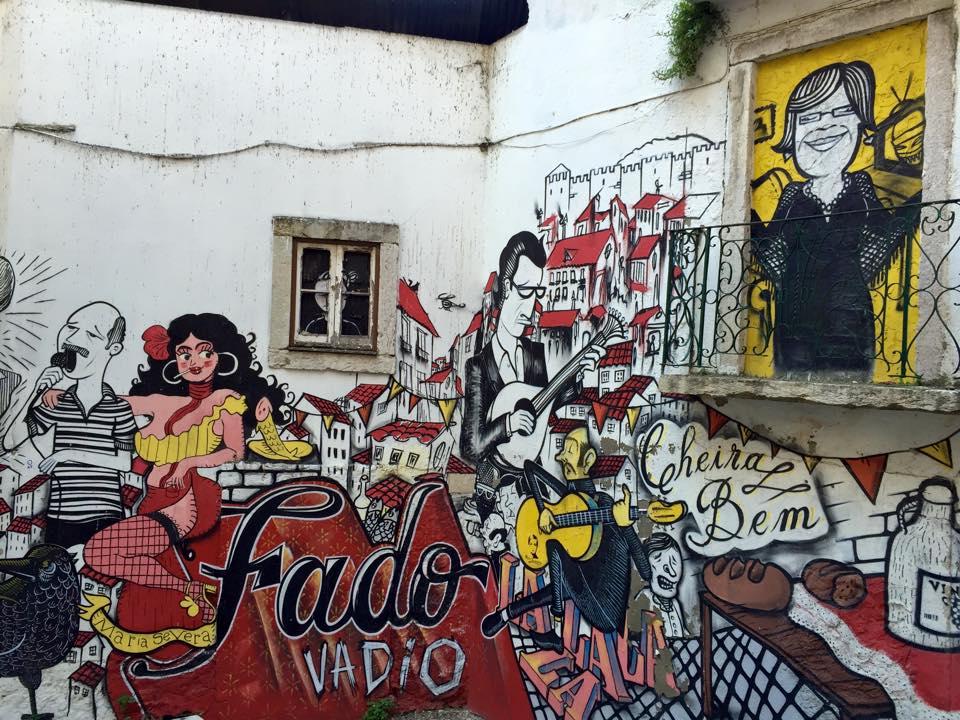
via Lucia Castellana
Certain genres of music have become synonymous with different countries and cultures. The United States has country music, Jamaica has reggae, and South Korea has K-pop. You might not know this, but Portugal has also popularized a genre of music. For 200 years, fado music has been a cultural staple in Portugal and continues to be reinvented and reinvigorated by artists today. Read on to learn more about this influential and moving style of music.
Fado emerged in Lisbon during the mid-19th century. The first fado performers were working-class people, mainly sailors who were separated from their loved ones for long periods of time. They would express their sorrows and yearnings through song. Eventually, fado became increasingly popular across all classes of people.
By the 1940s, fado had exploded as a genre of music with the help of Amália Rodrigues. Rodrigues, known as the “Queen of Fado”, was one of the most famous fado singers of all time and inspired much of contemporary fado today. She performed for over 50 years and is still one of the best-selling Portuguese artists of all time. In 2011, fado was added to UNESCO’s Intangible Cultural Heritage list, cementing its importance and influence worldwide.
Today, fado is usually performed in bars, cafes, and even designated fado houses (Lisbon has over 40 of them). A typical fado musical ensemble includes a couple of 12-string guitars, a few six-string guitars, and a bass viola. Modern fado has also introduced piano, violin, and accordion into the mix. A vocalist, or fadista, accompanies the instrumentalists and sings a song about the harsh realities of life. The fadista will also use mournful facial expressions to add to the song’s sense of saudade, or longing. Several fado songs will even include a rubato, which happens when the music stops and the singer holds an extended note for dramatic effect.
Many of our Portugal tours offer an evening fado performance. Students have the chance to listen to local musicians and experience firsthand the power of this emotive music style.
“The fado performance was the highlight of my trip to Lisbon.”
-EF traveler, John C.
“Fado was an amazing way to get an immersive look at Portuguese culture. It was cool to see so many people from different generations all connect around one experience.”
-EF traveler, Skye M.
Want to take your students to see a fado performance? Browse our Portugal tours.
Related articles
